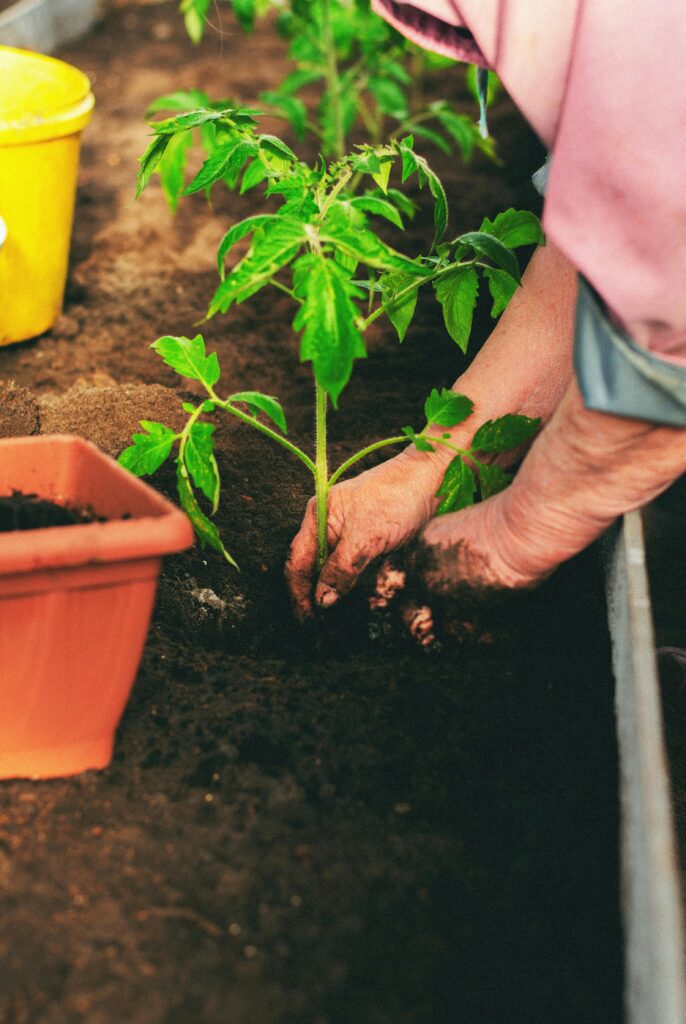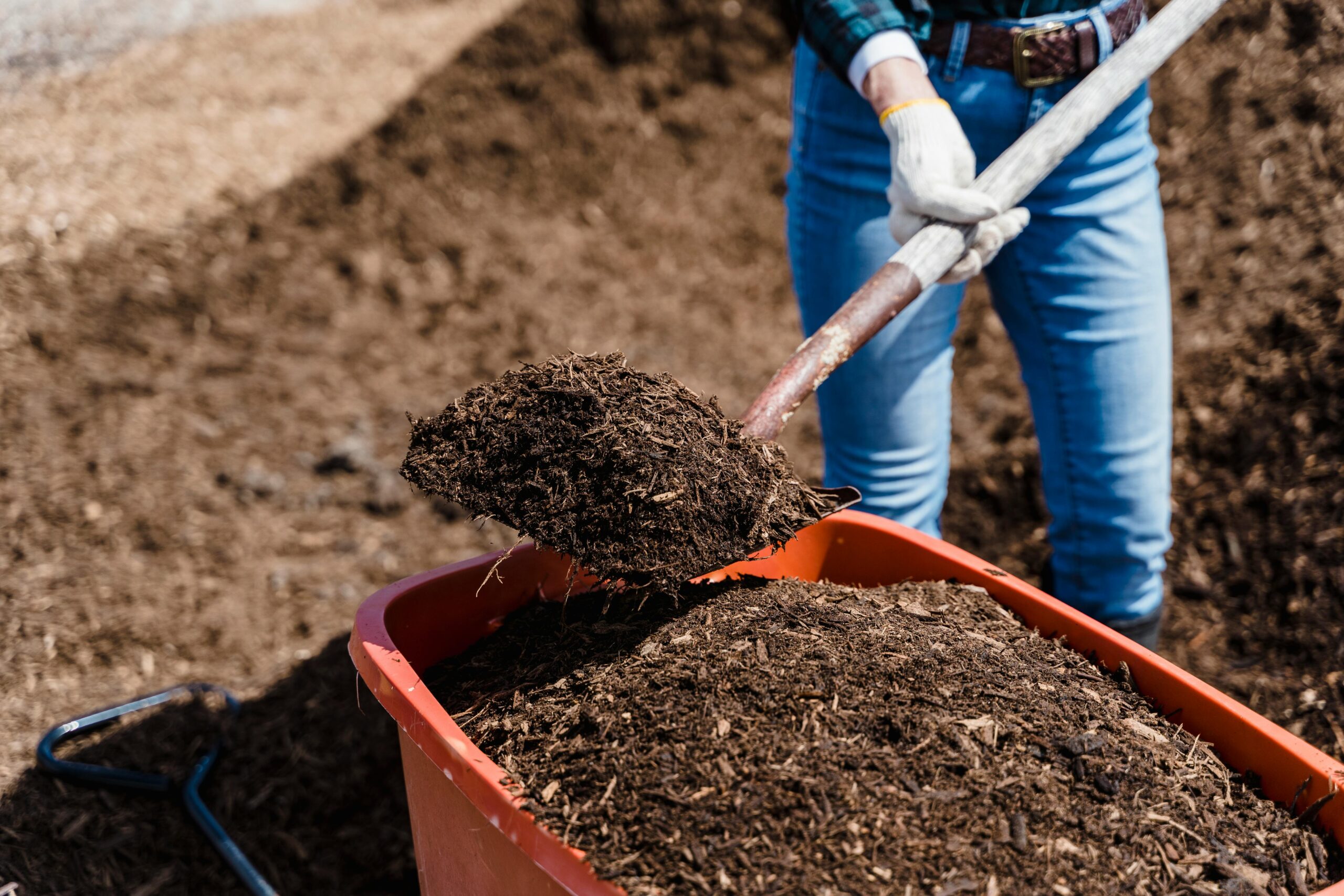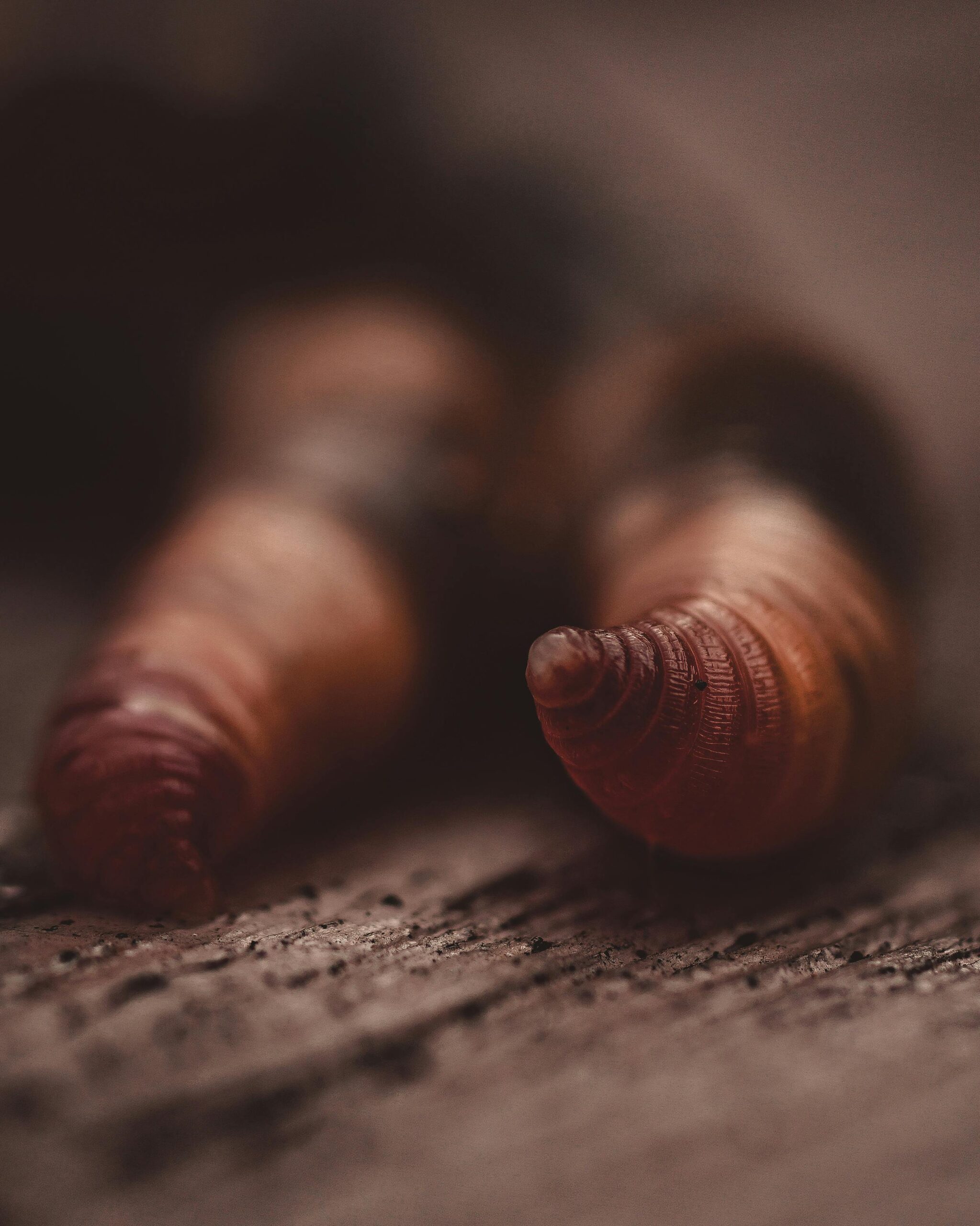Your cart is currently empty!
About
We transform organic waste into nutrient-rich compost, enhancing soil fertility and promoting sustainable agriculture. By strengthening soil health, worm farms support robust plant growth, reduce the need for chemical fertilizers, and contribute to a more resilient and eco-friendly environment.
Happy Worms, Healthy Soil, Thriving Gardens!

Worm casting will transform earth’s landscape.
With meticulous care and a dedication to excellence, we promote soil that nurtures, enhances, and revitalizes the landscapes and gardens.
At Worm Eden, we meticulously managing every aspect of worm care and compost production to ensure the highest quality soil amendments.
Our commitment to precision and sustainability ensures that each batch of compost we produce enhances soil health and supports vibrant, thriving gardens.

Supporting your garden through vermiculture
We enhancing your soil quality, and in turn your everything in your garden, by providing you the knowledge of starting a worm farm, taking care of your worms, food for your worms, or simply worm compost and compost tea without the hassle of raising worms.
Meet our team
Currently just me and millions of my dedicated workers busy night and day without a word.
Kong Wynn
Worm Farmer

Worm Father
Eating, Reproducing

Worm Mother
Eating, Reproducing
Baby Worm
Eating, Growing
FAQs
What type of worms should I use for vermicomposting?
It depends on the temperature and location of your vermiculture. Red wigglers or redworms (Eisenia foetida) are best for home vermicomposting because they can tolerate a wider temperature fluctuation. Nightcrawlers are not preferred because they depend on cooler or warmer temperatures depending on the type, and make extensive tunnels that may make the bins an unsuitable environment for long-term success
What type of container should I use for vermicomposting?
You have a variety of container options available. While multi-layered vermicomposting systems can be purchased from online retailers, they are often on the pricier side. You can DIY a multi-layered vermicomposting system, but we suggest a simple plastic bin or mortar mixing tub is the best choice.
How do I set up a vermicomposting container?
Setting up is dependent on the system you choose. Follow the manufacturer’s suggestion on setting up your vermiculture if you purchased a multi-layered vermicomposting system. If it’s a plastic bin or mortar mixing tub, we suggest add 3 inch or more of moistened bedding (shredded paper/cardboard, coco coir, peat moss) and some grit (pulverized egg/oyster shells, sand).
What should I feed the worms?
Treat worms as they are vegan. Worms should only be fed scraps from fruits and vegetables—no meat, dairy, cheese, bones, manure, or other animal products . Adding shredded newspaper, copy paper, or shredded cardboard is beneficial, while plant material treated with insecticides or chemicals should be avoided (also no plastic, metal, or other non-biodegradable items).